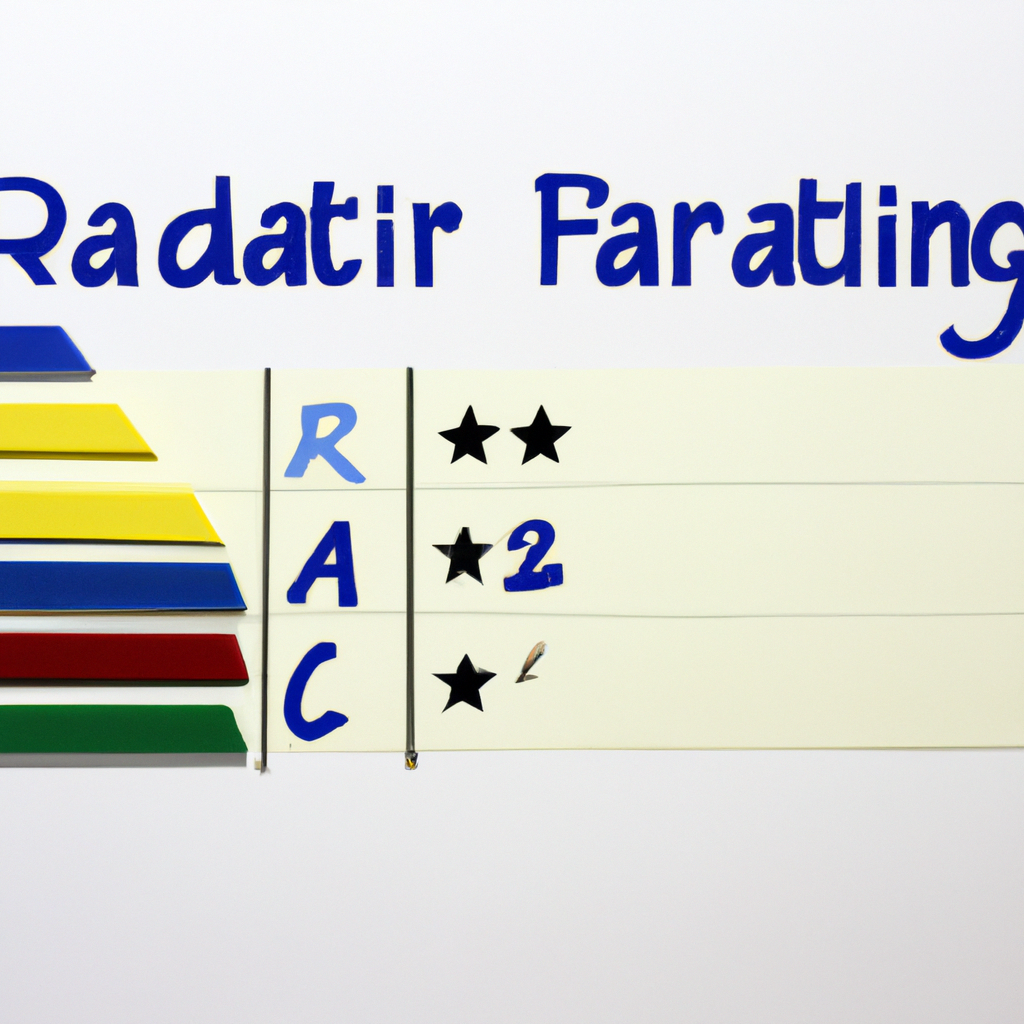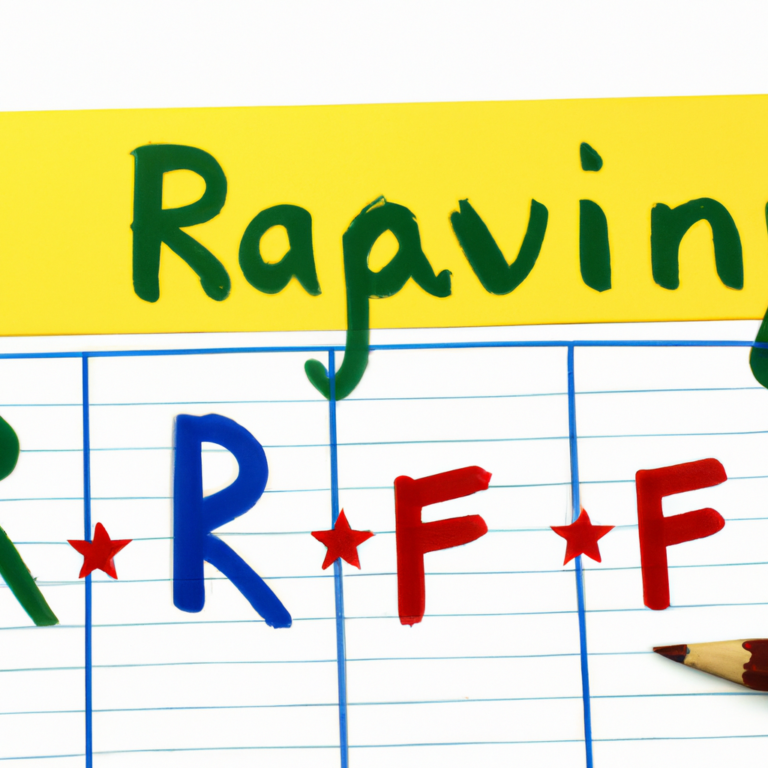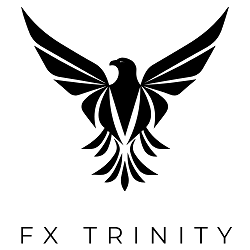Ratings of Financial Education Tools
Introduction
Financial education is crucial for individuals to make informed decisions about their money. With the rise of technology, there are now numerous financial education tools available to help people manage their finances better. In this article, we will explore some of the top-rated financial education tools and how they can benefit users.
Top-Rated Financial Education Tools
1. Mint
Mint is a popular budgeting app that allows users to track their spending, create budgets, and set financial goals. It also provides users with personalized financial advice and tips to help them make smarter money decisions. Mint has received high ratings for its user-friendly interface and comprehensive financial tracking features.
2. Personal Capital
Personal Capital is a financial management tool that offers users a holistic view of their finances, including investments, retirement accounts, and savings goals. It also provides personalized investment advice and retirement planning tools. Personal Capital has been praised for its robust features and detailed financial analysis capabilities.
3. YNAB (You Need A Budget)
YNAB is a budgeting app that focuses on helping users allocate their money effectively to meet their financial goals. It uses a zero-based budgeting approach, where every dollar is assigned a job, whether it’s for bills, savings, or debt repayment. YNAB has received high ratings for its effective budgeting methodology and educational resources.
Benefits of Using Financial Education Tools
1. Improved Financial Literacy
By using financial education tools, individuals can learn more about budgeting, investing, and saving for the future. This can help them make better financial decisions and avoid common pitfalls that lead to debt and financial insecurity.
2. Better Money Management
Financial education tools can help users track their spending, set financial goals, and monitor their progress towards achieving them. This can lead to better money management habits and increased financial stability in the long run.
3. Personalized Financial Advice
Many financial education tools offer personalized advice and recommendations based on users’ financial goals and preferences. This can help users make informed decisions about their money and optimize their financial resources for maximum impact.
Conclusion
Financial education tools can be valuable resources for individuals looking to improve their financial literacy and make better money decisions. By using top-rated tools like Mint, Personal Capital, and YNAB, users can gain a better understanding of their finances and work towards achieving their financial goals.










